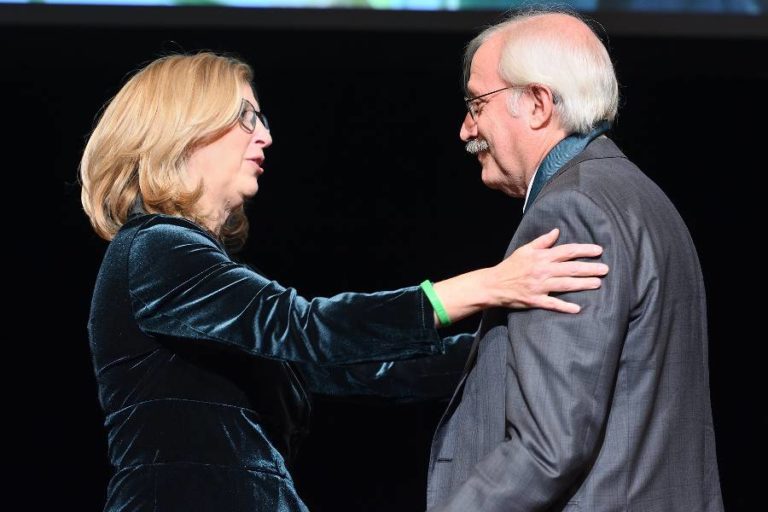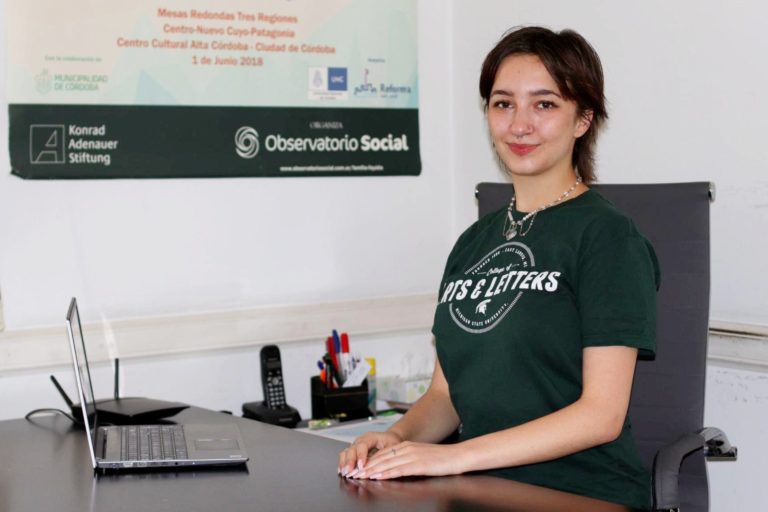Kyle Whyte, a leading researcher and authority in the ethical and political issues surrounding climate policy and indigenous peoples, has been named as the inaugural Timnick Chair in the Humanities in the College of Arts and Letters at Michigan State University.
As part of the MSU Empower Extraordinary campaign, alumnus and retired businessman Henry Timnick gifted $2 million to endow the position in honor of his mother, Ottilie Schroeter Timnick, to reflect a family belief that a well-balanced liberal education is the best foundation for any career and for a fulfilling life.
“I’m honored to accept this chair, as I am committed to creating unique and engaging learning experiences for MSU students and for the scientists and environmental professionals I work with in my research,” Whyte said. “Learning can be enhanced when teachers work to develop a shared purpose with their students, and build student-teacher relationships based on trust, friendship and camaraderie.”
Whyte is a faculty member of the Environmental Philosophy and Ethics graduate concentration, and is affiliated faculty for Peace and Justice Studies, Environmental Science and Policy, the Center for Regional Food Systems, Animal Studies and American Indian Studies.
“The Timnick Chair in the Humanities was established to impart through excellence in teaching the habits of mind embodied by Henry Timnick’s mother: her humanist sensibility, cultural curiosity and active engagement with the humanities,” said College of Arts and Letters Acting Dean Elizabeth Simmons.
Whyte’s primary research addresses moral and political issues concerning climate policy and indigenous peoples and the ethics of cooperative relationships between indigenous peoples and climate science organizations. An enrolled member of the Citizen Potawatomi Nation, Whyte is currently working with six federally recognized tribes in the Great Lakes region on envisioning ethical planning scenarios for climate change preparedness.
Whyte’s research has improved the quality of ethical guidance available to United States’ policy makers and scientists who work collaboratively with indigenous peoples on preparing for climate change. He served as an author of the recently published “Guidelines for Considering Traditional Knowledges in Climate Change Initiatives,” prepared for the U.S. Department of Interior Advisory Committee on Climate Change and Natural Resource Science.
His published articles are cited in the U.S. National Climate Assessment 2014 report, “Climate Change Impacts in the United States,” and he has consulted with federal programs such as the Climate Science Centers (U.S. Geological Survey) and Landscape Conservation Cooperatives (U.S. Fish & Wildlife Service).
In collaboration with the Sustainable Development Institute of the College of Menominee Nation and the Institute for Tribal Environmental Professionals, Whyte co-organized the Shifting Seasons: Building Tribal Capacity for Climate Change Adaptation Summit, which convened tribes, federal agencies and non-profit organizations to have a dialogue on collaborative planning for climate change.
Whyte’s work has been funded by the National Science Foundation; the Bureau of Indian Affairs; U.S. Fish and Wildlife Service; Northeast Climate Science Center; Great Lakes Integrated Sciences and Assessments Center; the Sustainable Michigan Endowed Program; and Spencer Foundation.
Published on MSUToday.


